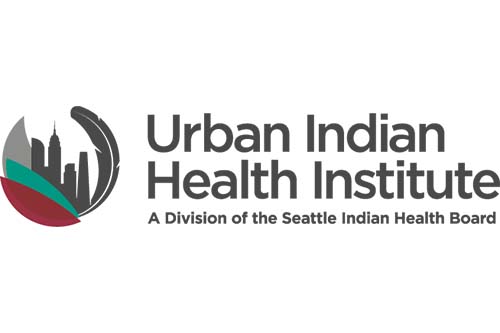The Urban Indian Health Institute (UIHI) gave more $583,561 last week to nine urban Native organizations across the U.S. to battle chronic disease in Indian Country.

“We are excited to support our partners in the work they have continued to do in the midst of the COVID-19 pandemic,” said Abigail Echo-Hawk, director of UIHI, in a statement. “It is important for Indigenous programs to have funding that allows them to run culturally attuned programs and gather the information needed for a more equitable public health infrastructure.”
The grants are part of UIHI’s initiative that seeks to “build public health infrastructure among urban American Indian and Alaska Native organizations through the use of Indigenous methods, frameworks, and evaluation approaches,” the organization said in a statement.
The community grants will provide the ability for organizations to build and sustain programs during the pandemic.
According to the statement, awardees will be operating programs that address chronic respiratory disease and promote healthy lifestyles. Programs will range from collecting data for a community needs assessment to virtual curriculums about respiratory disease to the development of resources regarding tobacco use and cessation to asthma education and connecting nurses with asthma patients. Because of the Covid-19 pandemic and workplace restrictions, UIHI provided grants that allow organizations to run programs virtually, if needed.
The organizations that were awarded grants include: the American Indian Community House, the Minneapolis American Indian Center, the Native American Health Center, Inc., NATIVE HEALTH, the Native American Youth and Family Center, the Sacramento Native American Health Center, Inc., the Oklahoma City Indian Clinic, and the Pine Hill Health Network.
UIHI is a public health authority and one of 12 tribal epidemiology centers in the country — and the only one that serves urban Native health programs nationwide.
UIHI’s initiative is supported by multiple grants from the Centers for Disease Control and Prevention: National Center for Chronic Disease Prevention and Health Promotion.
Help us defend tribal sovereignty.
At Native News Online, our mission is rooted in telling the stories that strengthen sovereignty and uplift Indigenous voices — not just at year’s end, but every single day.
Because of your generosity last year, we were able to keep our reporters on the ground in tribal communities, at national gatherings and in the halls of Congress — covering the issues that matter most to Indian Country: sovereignty, culture, education, health and economic opportunity.
That support sustained us through a tough year in 2025. Now, as we look to the year ahead, we need your help right now to ensure warrior journalism remains strong — reporting that defends tribal sovereignty, amplifies Native truth, and holds power accountable.
 The stakes couldn't be higher. Your support keeps Native voices heard, Native stories told and Native sovereignty defended.
The stakes couldn't be higher. Your support keeps Native voices heard, Native stories told and Native sovereignty defended.
Stand with Warrior Journalism today.
Levi Rickert (Potawatomi), Editor & Publisher
